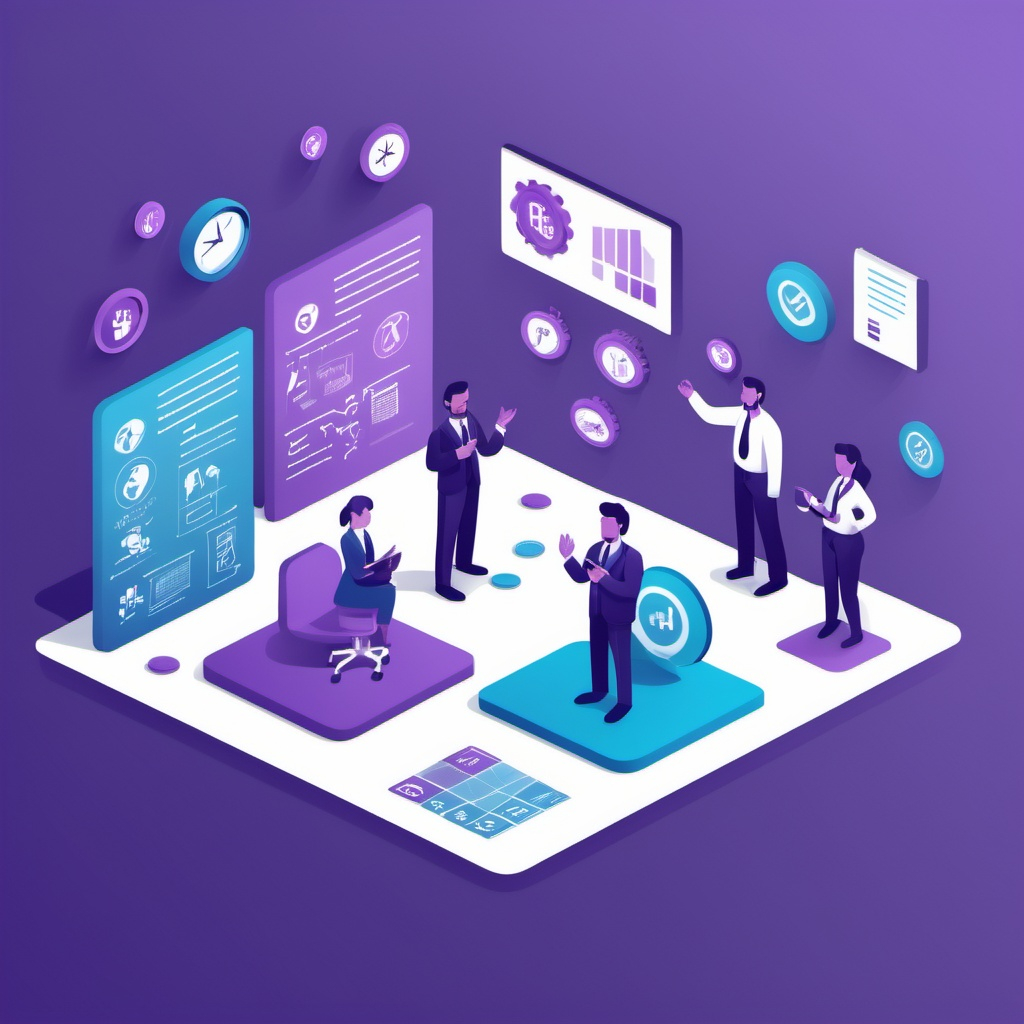Employee Engagement Initiatives: The New Age Push for Health and Productivity
In the ever-evolving landscape of the modern workplace, the term ‘Employee Engagement’ has taken center stage. It’s no longer just about ensuring that employees are doing their jobs; it’s about ensuring they are invested, motivated, and genuinely connected to their roles and the organization. Central to this paradigm shift are innovative “Employee engagement initiatives.” More intriguingly, there’s a growing emphasis on intertwining these initiatives with promoting “Employee engagement in healthy habits.”
Understanding the Power of Engagement
Before diving deep, it’s essential to grasp why employee engagement is so crucial. Engaged employees are not just satisfied; they are motivated to contribute to the company’s success actively. They feel a sense of belonging and purpose, leading to increased productivity, reduced turnover, and a positive workplace atmosphere. Gallup’s research, which examined performance variations across business/work units, highlighted the advantages of employee engagement. There was an 18% rise in productivity (sales), a 10% boost in customer engagement, and an overall profitability increase of 23%.
Crafting Effective Employee Engagement Initiatives
Open Communication Channels:
Encouraging open dialogue where employees can voice their opinions, concerns, and suggestions fosters a sense of belonging. Regular town hall meetings, feedback sessions, and open-door policies can be instrumental.
Recognition and Rewards:
Recognizing and celebrating achievements, big or small, can boost morale. Whether it’s through monthly awards, bonuses, or simple shout-outs in team meetings, acknowledgment goes a long way.
Professional Development Opportunities:
Offering workshops, courses, and training sessions not only upskills employees but also shows that the organization is invested in their growth.
Team Building Activities:
Organizing team outings, workshops, and activities can strengthen bonds, promote collaboration, and inject a dose of fun into the work environment.

Promoting Healthy Habits: The New Frontier of Engagement
The concept of “Employee engagement in healthy habits” is gaining traction. Organizations are realizing that promoting physical and mental well-being is not just beneficial for the employees but also impacts the bottom line positively.
- Physical Wellness Programs:
From in-house gyms to organizing yoga sessions and fitness challenges, companies are making concerted efforts to promote physical health. According to Corporate Wellness Magazine, introducing physical wellness programs in the workplace improves employee health, boosts productivity, reduces absenteeism and turnover, strengthens company culture, and attracts and retains talent.
- Mental Health Initiatives:
Stress management workshops, counseling services, and even meditation sessions are being integrated into the employee engagement framework.
- Nutritional Guidance:
Some companies are going the extra mile by offering nutritional workshops, healthy snacks in the pantry, or even personalized diet plans.
- Flexible Work Arrangements:
Recognizing the importance of work-life balance, many organizations are offering flexible hours, remote work options, or compressed workweeks.
Promotion of Regular Breaks:
Encouraging employees to take short, regular breaks during the day can boost productivity and reduce burnout. Some companies have even introduced ‘walking meetings’ to combine work with physical activity.
Measuring the Impact of Employee Engagement Initiatives
While introducing these initiatives is essential, measuring their impact is equally crucial. Regular surveys, feedback sessions, and tracking key performance indicators can offer insights into the effectiveness of these engagement strategies.
In Conclusion
Employee engagement is not a monolithic concept; it’s multifaceted and ever-evolving. By integrating “Employee engagement initiatives” with a focus on promoting healthy habits, organizations are not just ensuring a motivated workforce but also a healthier, happier one. As we navigate the challenges of the modern workplace, these initiatives are not just strategies; they’re essential pillars for sustainable growth and success.









